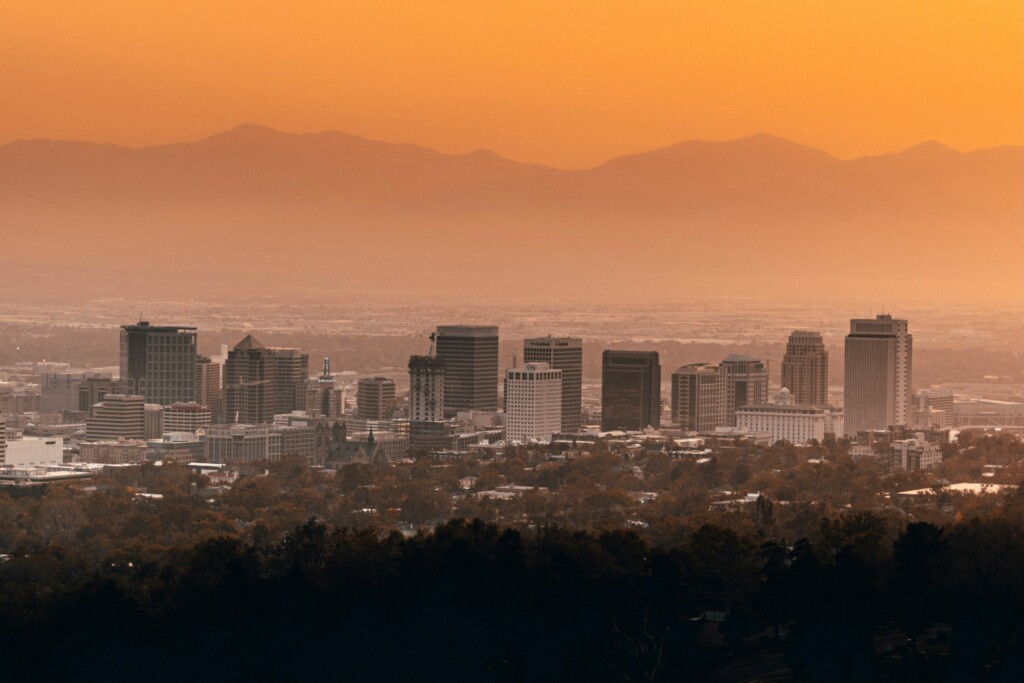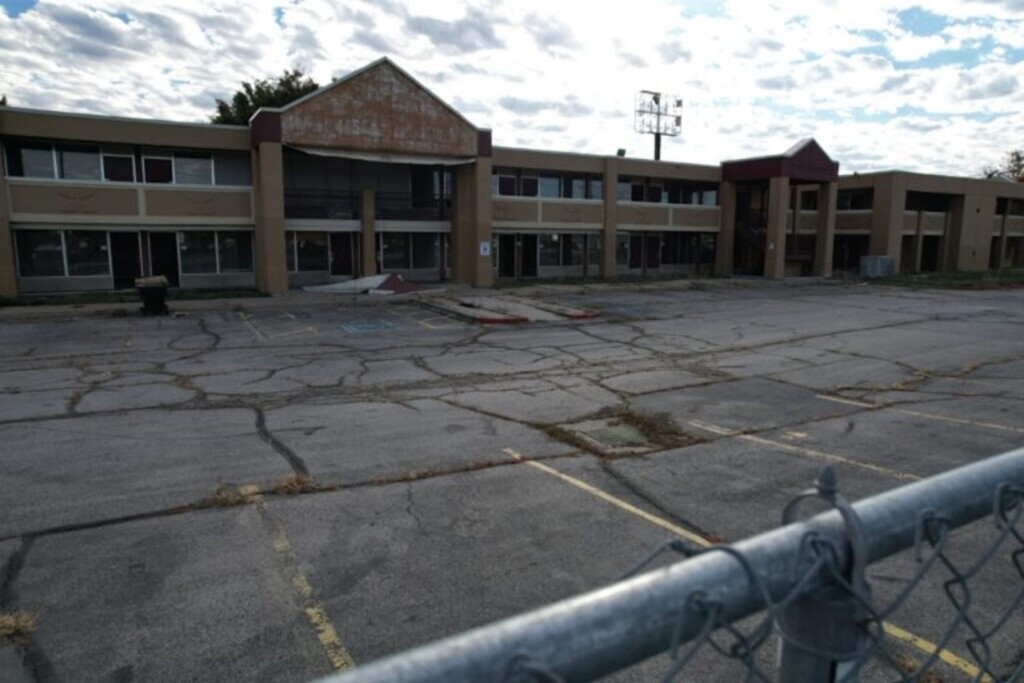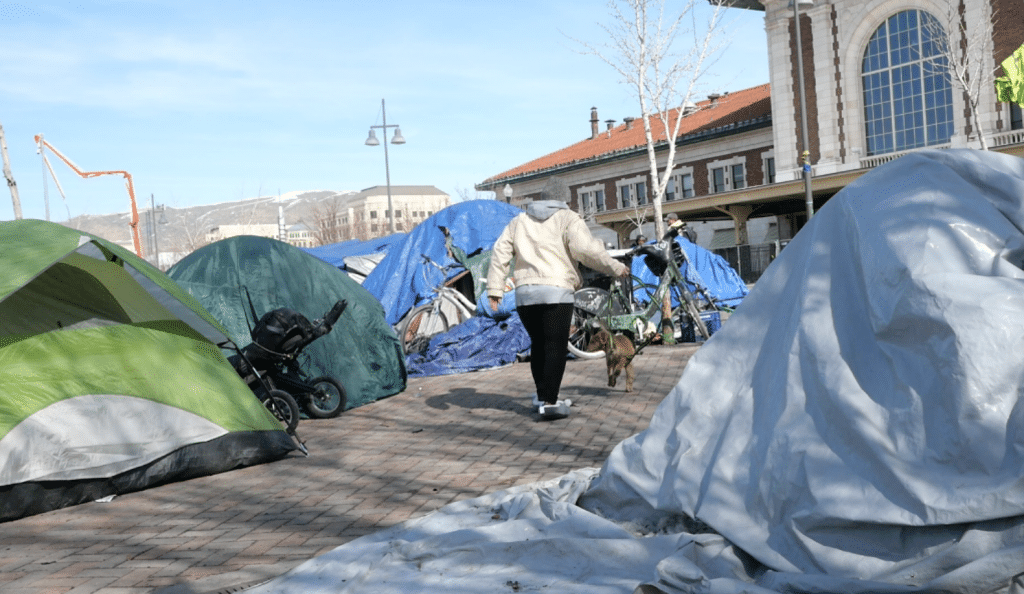
70% of Utah’s homeless tell Utah Stories in an informal survey that they would like to work. Ten percent tell us they could work very limited hours and twenty percent say they are currently unable to work.
Restaurant owners are struggling to keep hours because of their desperate need for employees, some have even closed their doors for lack of finding prep cooks and dishwashers: entry-level positions that were once very easy to staff.
What is preventing these two parties from working together?
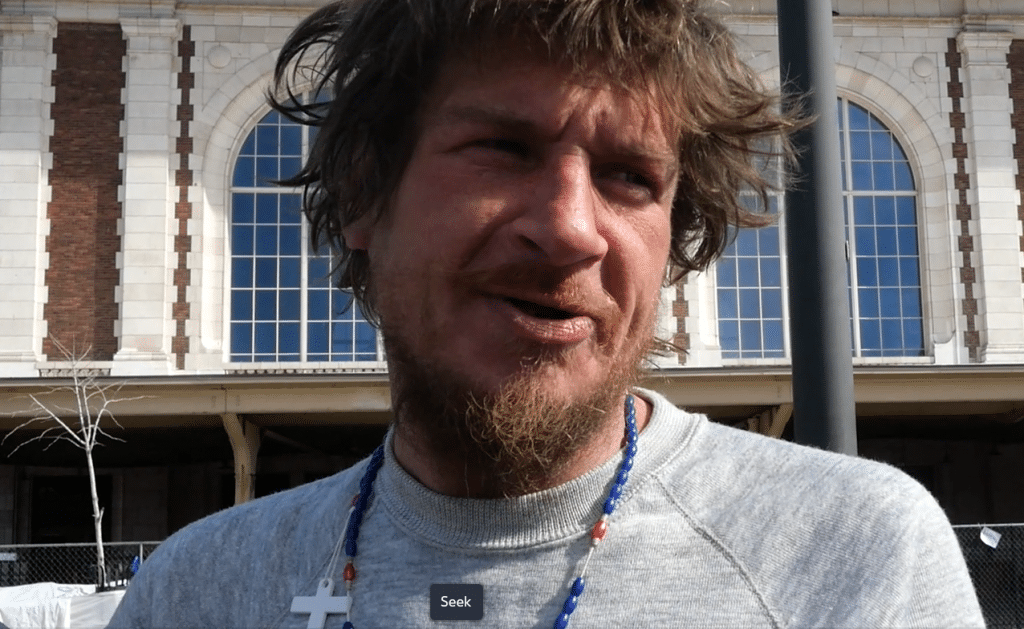
The simple answer: Government programs that currently prevent or punish the homeless for working. “If I were to take a job, there is a very good chance that when I return to my tent all of my belongings will be gone,” said Cody. This is due to Salt Lake City’s current “abatement” policy, which essentially has the SLCPD working with the Salt Lake County Health Department spending the majority of homeless money discarding homeless belongings, including their “ essential survival gear” into dump trucks that relocate their gear to the Salt Lake County landfill.
This gear is then replaced by organizations such as Nomad Alliance, Volunteers of America, and Black Lives For Humanity so that the freezing cold weather death toll on the homeless doesn’t continue to rise.
Salt Lake City Mayor Erin Mendenhall maintains this policy. The abatement policy was first put into place as an emergency measure in 2016 as part of Operation Rio Grande. Salt Lake City residents, who observe the situation believe this to be “harassing and moving of the homeless – tossing out everything they own”, such as Ty Bellamy who operates Black Lives for Humanity. Yet Mayor Erin Mendenhall contends, “There is no issue I spend more time thinking about than Salt Lake City’s unsheltered, homeless,” said Mendenhall in a recent Instagram video.
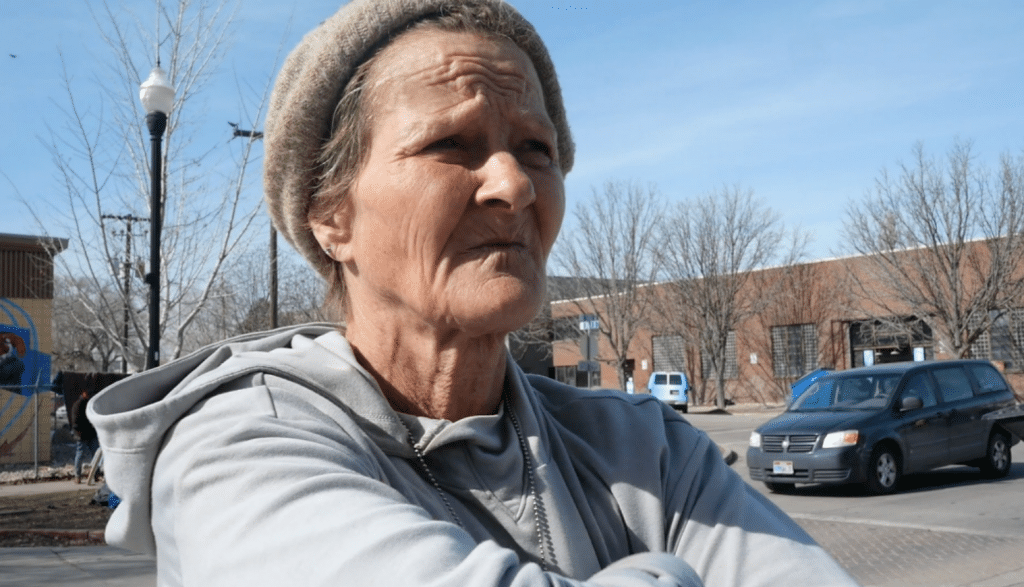
Salt Lake City’s unsheltered tell Utah Stories that they would prefer Mayor Mendenhall stop thinking about the problem, and actually come down and attempt to survive under the conditions she places them in. “I challenge her to come down here and try to spend one day, ” said Jonnie.” She adds, “It’s really hard, especially when the police are making it so difficult to keep our blankets and tents.” Mendenhall contends that the “finger-pointing needs to stop. That homelessness is a regional issue and all cities need to step up.” While the SLCPD has taken a more relaxed approach since the freezing deaths of at least five and up to 15 victims this winter, it’s still very difficult for anybody on the streets to get back on their feet.
Restaurant owners such as Anthony Bonomini who owns four downtown Salt Lake City restaurants, including Christopher’s Prime Steakhouse, tell Utah Stories they would like to start a homeless work program. This program would first get them clean (from drug use), get them sheltered, and then get them into restaurant kitchens for training. A program similar to this existed in 2016, according to Surya Bastakoti owner of the Himalayan Kitchen under former Police Chief Chris Burbank. Bastakoti said it was successful for about half the people he trained in his kitchens, and he still keeps in touch with one of the people who appreciated getting the chance to work again.
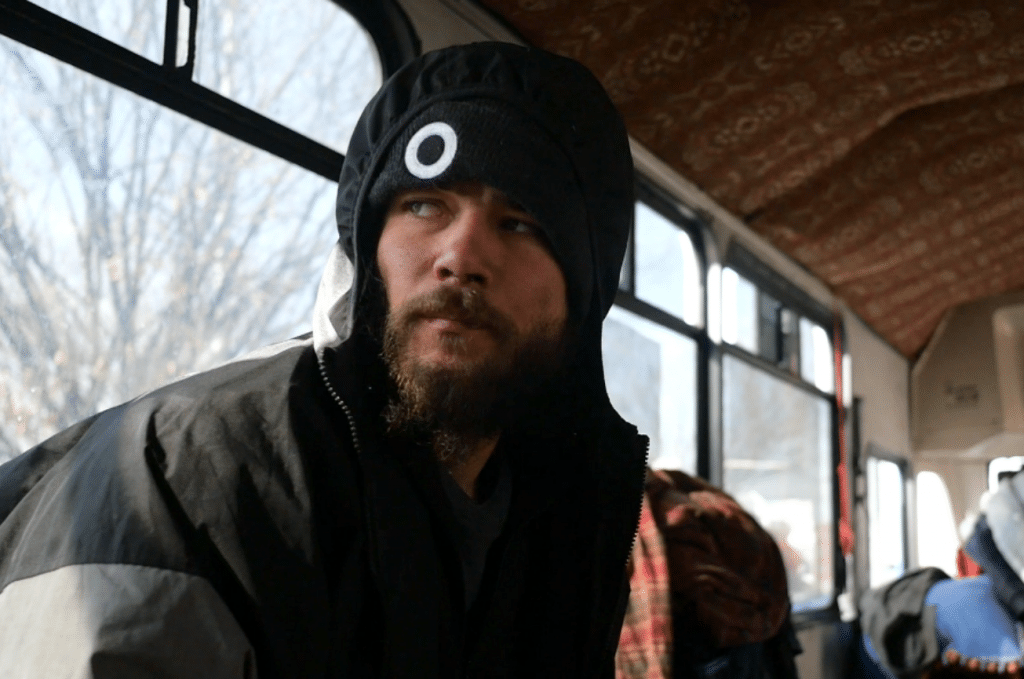
“I’d like to work, for sure I would like to take day jobs. It’s just kind of hard because I need to somehow fit all of my belongings into a duffle bag,” said Jared on the Nomad Alliance bus just prior to the Salt Lake City NBA All-Star weekend. Jared also admitted that an ongoing plea bargain negotiation on drug charges is also preventing him from being hired at places he has attempted to gain employment.
Even Jonnie who is in her late fifties and suffers from some physical injuries that prevent her from standing on her feet long, says she would like to work. “I could work a few hours a day. And most of the people out here would love to work. But we can’t as long as the city won’t grant us a piece of property where we can keep our belongings secure, that is not going to happen”
Currently, there is no plan in place to help the unsheltered homeless to secure their belongings or take on gainful employment because there are no incentives for the homeless advocates in Utah nor the developers/politicians who run the state and city, whose clear motive is to maintain the sky-high property values in Salt Lake City.
The majority of homeless NGOs get their funding based on “providing housing” or services to the homeless. Some unsheltered young women tell me that they are actually told by their caseworkers and advocates to “not work” and consider “getting pregnant” because then they might qualify and go to the front of the line for housing assistance programs and additional benefits.” Working could result in a loss of food stamps, SSI disability checks, case worker support, and housing benefits.
What is the solution to this problem?
The answer seems obvious. How about incentivizing work and disincentivizing drug use? Rather than the opposite?



